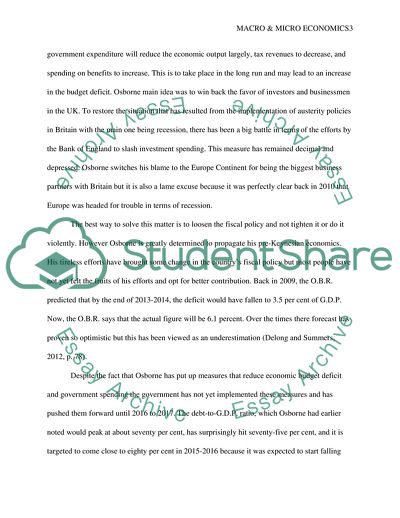Cite this document
(Why is the British Government pursuing a policy of austerity while the Essay - 1, n.d.)
Why is the British Government pursuing a policy of austerity while the Essay - 1. https://studentshare.org/macro-microeconomics/1796962-why-is-the-british-government-pursuing-a-policy-of-austerity-while-the-economy-is-not-growing
Why is the British Government pursuing a policy of austerity while the Essay - 1. https://studentshare.org/macro-microeconomics/1796962-why-is-the-british-government-pursuing-a-policy-of-austerity-while-the-economy-is-not-growing
(Why Is the British Government Pursuing a Policy of Austerity While the Essay - 1)
Why Is the British Government Pursuing a Policy of Austerity While the Essay - 1. https://studentshare.org/macro-microeconomics/1796962-why-is-the-british-government-pursuing-a-policy-of-austerity-while-the-economy-is-not-growing.
Why Is the British Government Pursuing a Policy of Austerity While the Essay - 1. https://studentshare.org/macro-microeconomics/1796962-why-is-the-british-government-pursuing-a-policy-of-austerity-while-the-economy-is-not-growing.
“Why Is the British Government Pursuing a Policy of Austerity While the Essay - 1”. https://studentshare.org/macro-microeconomics/1796962-why-is-the-british-government-pursuing-a-policy-of-austerity-while-the-economy-is-not-growing.


